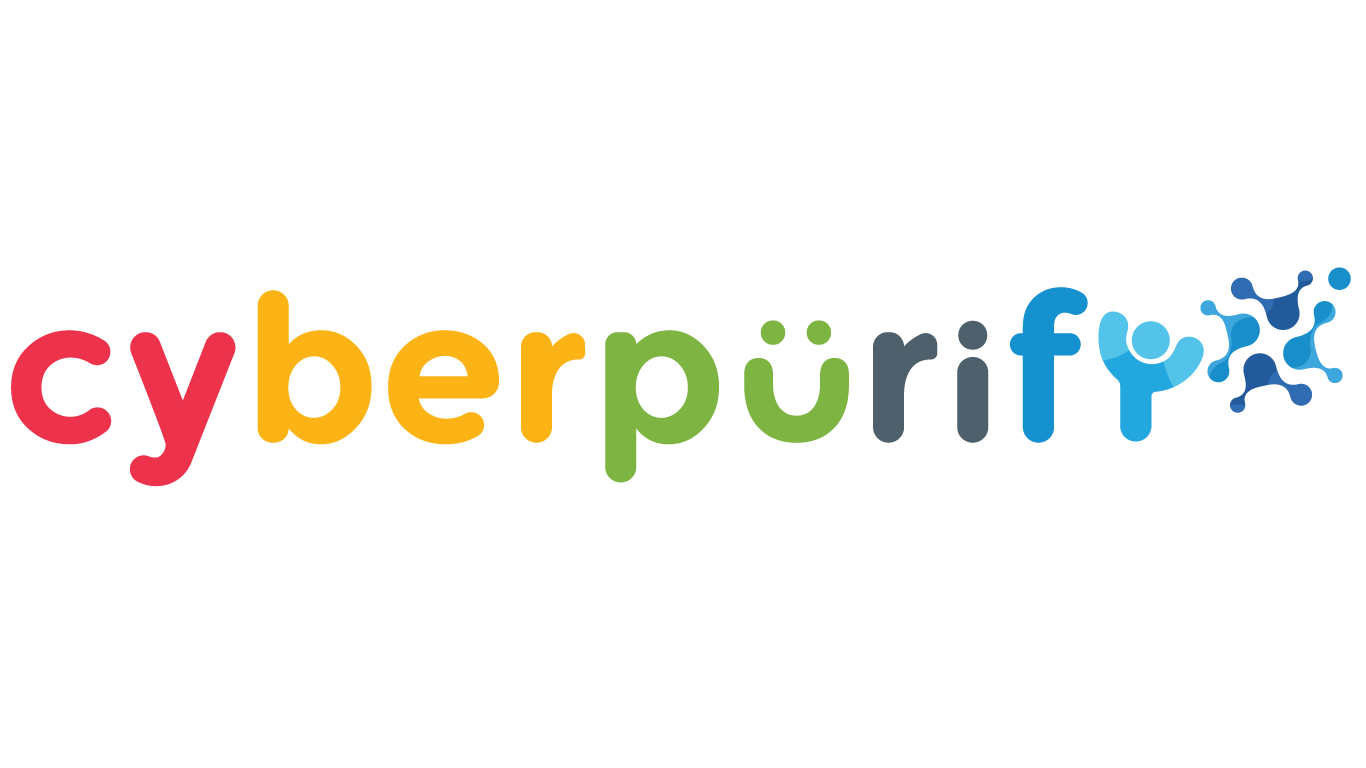We can’t deny the role the Internet plays in our lives, and neither can your kids. Your child needs the Internet to learn, entertain, discover and connect with friends and those around him.
So the Internet is like a second world and you need to educate your children about the skills they need to be safe and responsible for their function. Below are 8 digital skills you need to teach your children today when using the Internet.
8 must-have digital skills for kids
Digital Identity
Digital identity is your child’s identity when they are online. This skill helps to build and protect your child’s online identity and reputation.
This has to do with digital footprints – traces of your child’s data accidentally or intentionally left online. For example emailing, blogging, updating your status or liking certain pages on social media.
This means that every Instagram picture your child posts, every comment your child posts on Facebook, or every tweet your child posts on Twitter contributes to your child’s digital footprint.

Digital literacy
The ability to confidently, securely, carefully and creatively use information and communication technologies to achieve work, academic, recreational, socializing and interacting purposes with others.
Digital rights
Ability to understand and maintain privacy rights, intellectual property, freedom of expression, etc.
Digital use
This is the ability for your child to be able to use Internet-connected devices such as phones, tablets, laptops, etc. However, this is quite redundant because sometimes your child is more proficient in technology than you. After all, often they absorb technology very quickly.![]()

It is important in this skill that your child needs to know the balance between time online and offline time. So you also need to build a healthy and balanced routine for your child by participating in sports clubs, networking activities with friends, family picnics, and more.
Digital safety
Digital safety is one of the most important skills to protect children from the dangers of being on the Internet today. For example, in cyberbullying, you need to know how to behave when your child is bullied online and vice versa, your kids must not insult others online.
There are also sex attackers who often target children on gaming websites or on social networks to lure your child into taking pornography.
Try and you might love this:
Most important of all is the risk of your child accessing harmful content such as accident scenes, gore, murder, or pornography – which is what most worries parent.
You need to have regular intimate and informal conversations about your child and risks on the Internet so that your child can actively protect himself from it. However, as pornography is so rampant on the Internet, you should also consider protecting your child by using online content filtering tools to minimize the risk of pornography reaching your child.
Digital security
The ability to detect network threats (eg attacks, phishing, malware). In the case of a scam, for example, a scam is when the attacker gives them what they value high such as 1-year free gameplay or special game features.
 Criminals can use children’s popular websites to identify potential victims, then lure them into giving out their parents’ credit card information in exchange for what they want.
Criminals can use children’s popular websites to identify potential victims, then lure them into giving out their parents’ credit card information in exchange for what they want.
Also, the cyber attacker will install malicious software that the victim does not know about on their computer. Cybercriminals often trick users into downloading malware, such as convincing victims to download malware that disguises itself as a game – which can completely appeal to children.
Teaching your children how to disclose personal information intelligently is also one of the great ways to protect children digitally. Some personally identifiable information should not be shared such as the parent’s name, bank account, social security number, home address, or phone number.

In addition, you should also instruct your child to carefully consider any websites or forums that ask them to provide their own information. You should also encourage your child to limit posting images/videos/checkins on social media, helping to reduce the risk of a sexual attacker stalking your child.
Digital emotional intelligence
This is your child’s ability to empathize and build good relationships with other people online. This is extremely important because the offensive, hurtful words that offend or hurt others is a very common occurrence on social media, known as online bullying.
Part of this isn’t creating or forwarding offensive or insulting emails, photos or text messages about others.
 Therefore, you need to instruct your child to regularly read the messages, comments, descriptions, status that he or she is about to send or post because what he or she is going to make public can most likely make a friend be affected negatively, sometimes commits suicide.
Therefore, you need to instruct your child to regularly read the messages, comments, descriptions, status that he or she is about to send or post because what he or she is going to make public can most likely make a friend be affected negatively, sometimes commits suicide.
Besides, teaching children to control their emotions when communicating with or interacting with anyone on the Internet is also extremely important. Many children when angry will have bad words to the person they are facing. The reason is that your child is talking indirectly over a screen and a keyboard, so the likelihood that your child uses inappropriate and rough words is higher and much more constructive.
 Digital communication
Digital communication
This is an equally important skill – the skill to communicate and collaborate with others using technologies and digital means of communication. Your child needs to know how to communicate and express their thoughts with others over the Internet in a way that is as effective as when they communicate directly.
This is very important for the work skills of your children’s future. Besides, writing correct spelling and using proper punctuation are also good tips for effective digital communication.
Find this helpful? You also love these:





